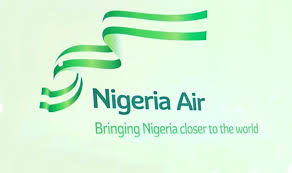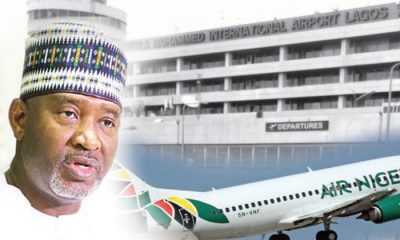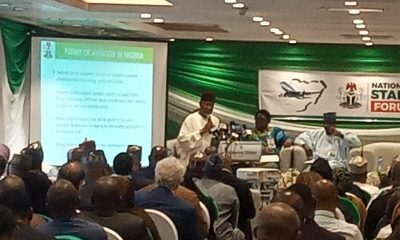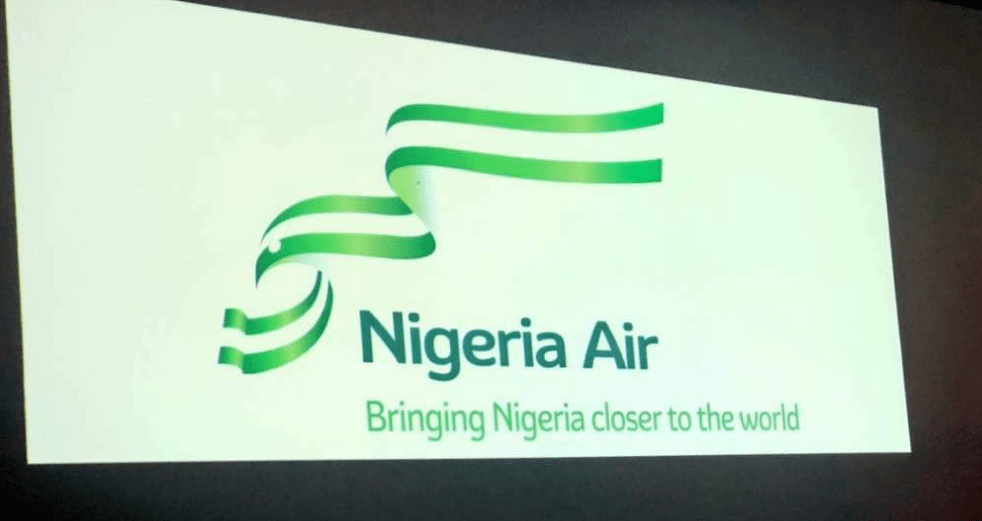Investigation have revealed why earlier interests and prospective foreign investors in Nigeria Air suddenly developed cold feet after the unveiling of the national carrier in London this year.
Besides, the same range of factors including current underpI’m ricing of fares, aviation policy inconsistency, local market rivalry, industrial disharmony and inability of surviving domestic airlines to secure operational permits based on Bilateral Air Service Agreements (BASA) in several choice destinations forced interested investors in Nigeria Air to recede.
A lot of industry analysts have noted that fares for local routes in Nigeria remain some of the cheapest in the world with the affected airlines having one of the least chances of survival.
For instance, the chief executive of Air Peace, Chief Allen Onyema recently cried out, saying his company had been finding hard to secure business permits in mega global destinations and called on the government to intervene even as the Minister of State, Hadi Sirika continue to blame domestic airlines in not making serious efforts to internalize the gains of BASA so far signed by the federal government.
Observers say at an average cost of N30,000 per flight, it is almost impossible for commercial airlines to cover the cost of operations, run efficient services and make profits despite huge capital investments.
Another key factor frustrating local airlines according to industry pundits is the dollarization of the aviation sector in 1985, which forced the industry to become susceptible to the vagaries of foreign exchange.
Otherwise, with over 100 per cent spike in the naira to dollar rate in the last two years, the cost of aviation fuel, aircraft maintenance and spare parts among others have more than doubled.
Even though the Nigerian Civil Aviation Regulations (Nig. CARs) had empowered airlines to initiate ticket prices, the operators have maintained the same price range till date.
For example, a Lagos-Abuja flight, retains the average price of N25,000 at N360/$1 today – the same price it was when the exchange was N160/$1 in 2015.
Another key factor is the gradual withdrawal of Nigerians from flying within Nigeria and resort to roads due to economic downturns hobbling the economy since the nation exited recession.

 Football7 days ago
Football7 days ago
 Health & Fitness23 hours ago
Health & Fitness23 hours ago
 Aviation1 week ago
Aviation1 week ago
 Featured5 days ago
Featured5 days ago
 Education6 days ago
Education6 days ago
 Comments and Issues7 days ago
Comments and Issues7 days ago
 Business6 days ago
Business6 days ago
 Education1 week ago
Education1 week ago








